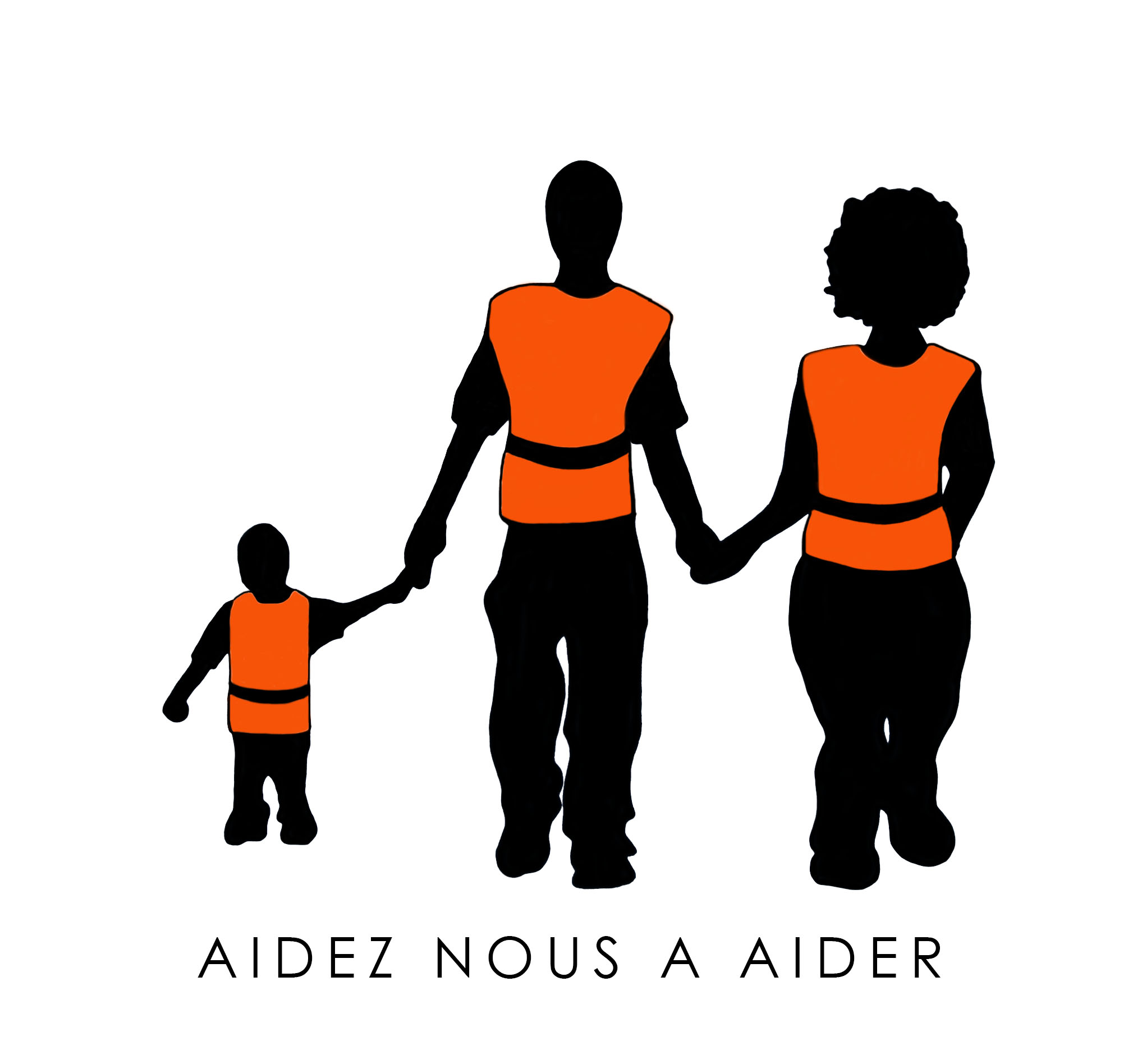What are the mental health challenges faced by Migrants and Refugees? In the wake of unprecedented global migration, an often-overlooked aspect of the migrant and refugee experience emerges: the profound toll on mental health. Beyond the physical journey across borders lies an invisible struggle against anxiety, trauma, and depression, exacerbated by the uncertainties of displacement and the scars of past traumas. As the world grapples with the complexities of migration, it is imperative to shine a light on the mental health challenges faced by migrants and refugees, and the urgent need for holistic support systems to address their well-being.
The Silent Suffering:
The journey to safety for migrants and refugees is often a harrowing ordeal, characterized by a myriad of physical and psychological traumas. Forced to flee conflict, persecution, and violence in their home countries, they embark on perilous journeys, facing the constant threat of danger and uncertainty. The experience of witnessing or experiencing violence, the loss of loved ones, and the separation from family members can inflict deep emotional wounds that linger long after reaching safety. These traumatic experiences can manifest in a range of mental health disorders, including post-traumatic stress disorder (PTSD), depression, and anxiety. Moreover, upon arrival in host countries, migrants and refugees are confronted with new challenges, such as acculturative stress, language barriers, and social isolation, which further exacerbate their psychological distress. The cumulative impact of these stressors leaves individuals feeling profoundly disconnected from their surroundings, vulnerable, and struggling to cope with the overwhelming burden of their past experiences.

Barriers to Care:
Migrants and refugees face formidable obstacles in accessing essential mental health services, compounding the already daunting challenges they confront. Cultural stigmas surrounding mental illness, deeply ingrained in many societies, contribute to a reluctance among migrants and refugees to seek help for their psychological struggles. Cultural and linguistic barriers further exacerbate this issue, making it difficult for individuals to articulate their experiences and navigate the complexities of the healthcare system in their host countries. Additionally, structural deficiencies within healthcare systems, such as limited resources and a lack of culturally sensitive care, present significant hurdles to accessing mental health support. These systemic shortcomings perpetuate inequalities and marginalize vulnerable populations, leaving many migrants and refugees without the vital care they urgently need. As a consequence, untreated mental health issues persist, exacerbating individuals’ suffering and impeding their ability to fully integrate into their new communities.
Culturally Responsive Care to the mental health challenges faced by Migrants:
Effectively addressing the mental health needs of migrants and refugees demands a multifaceted approach that acknowledges and accommodates diverse cultural backgrounds and experiences. Culturally competent mental health services are paramount, as they not only acknowledge but also respect the unique belief systems, values, and coping mechanisms of different communities. By tailoring interventions to align with cultural norms and preferences, these services can help build trust and foster meaningful engagement with individuals seeking support. Additionally, community-based initiatives, including peer support groups and culturally specific therapies, play a crucial role in providing accessible and culturally sensitive mental health care. These grassroots efforts create safe spaces for individuals to share their experiences, receive support from peers who understand their cultural context, and access resources tailored to their needs. By prioritizing culturally responsive approaches, policymakers and healthcare providers can better address the mental health challenges faced by migrants and refugees, ultimately promoting healing, resilience, and integration within their new communities.

Also Read: What is the difference between Migrant, Refugee, and Asylum Seeker?
Building Resilience and Empowerment:
Empowering migrants and refugees to take an active role in managing their mental health is essential for promoting resilience and facilitating recovery. Psychoeducation programs serve as valuable tools in this endeavor, equipping individuals with practical knowledge about coping strategies, stress management techniques, and available support services. By arming individuals with information and skills to navigate their mental health challenges, these programs empower them to make informed decisions and take proactive steps towards healing. Additionally, initiatives that foster social connectedness, celebrate cultural identity, and strengthen community bonds are instrumental in promoting mental well-being. By creating spaces for individuals to connect, share experiences, and draw strength from one another, these initiatives cultivate a sense of belonging and restore hope in the face of adversity. Ultimately, by combining clinical interventions with empowerment-focused approaches, communities can better support the mental health and well-being of migrants and refugees, enabling them to thrive in their new environments.
A Call to Action:
As the global community grapples with the ongoing migration crisis, prioritizing the mental health and well-being of migrants and refugees must be a fundamental aspect of humanitarian response efforts. Governments, NGOs, and international organizations must invest in culturally competent mental health services, dismantle barriers to care, and promote community-driven approaches to support the mental health needs of displaced populations. By recognizing and addressing the invisible struggles of migrants and refugees, we can uphold their dignity, resilience, and right to thrive in their new homes.
The mental health challenges faced by migrants and refugees are a pressing humanitarian concern that demands urgent attention and action. By fostering a culture of empathy, inclusion, and solidarity, we can create a more compassionate world where every individual, regardless of their migration status, has the opportunity to heal, grow, and rebuild their lives.


Pingback:Who is Frontex EU? - Aidez nous a Aider